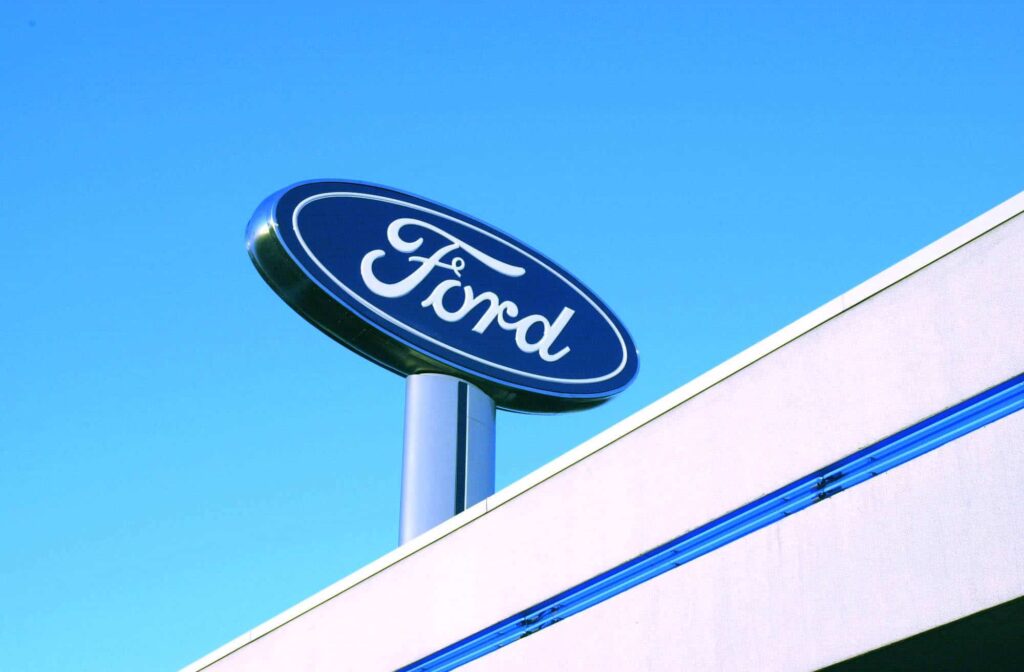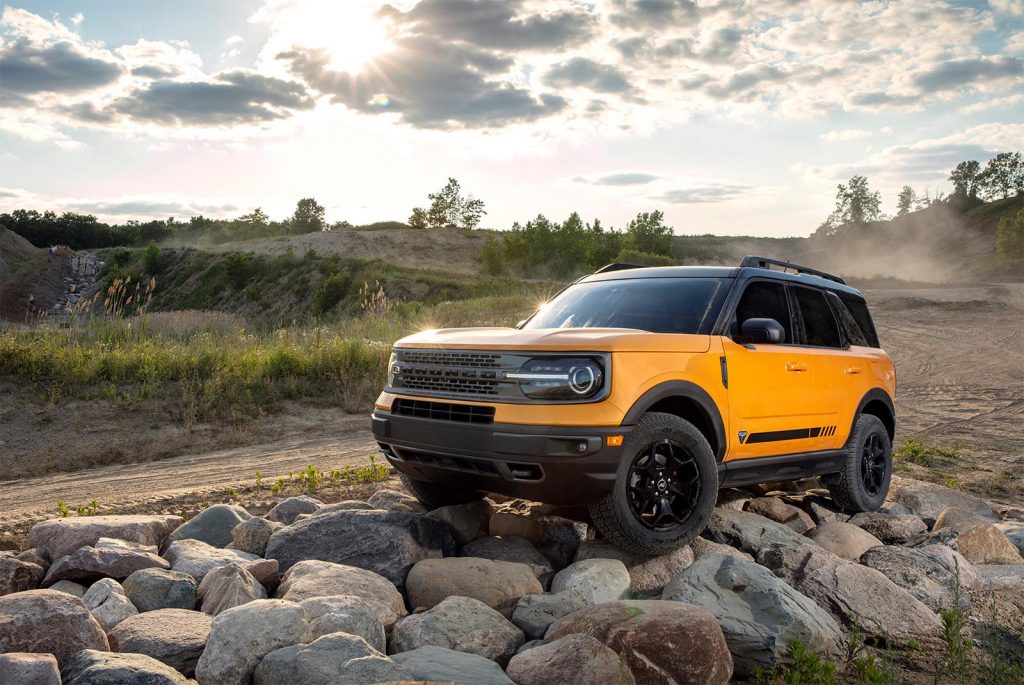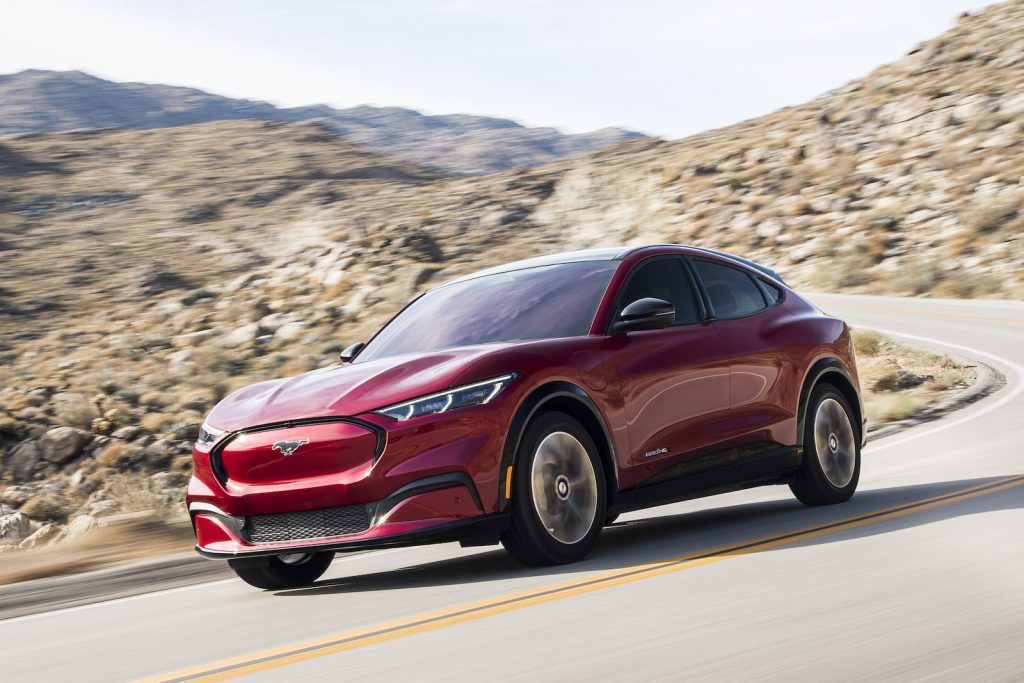Ford CEO Jim Farley told everyone the company’s second quarter would be the toughest for the automaker hit hardest by the semiconductor shortage. The impact is showing up in its monthly sales results, at its overall numbers came in 26.9% lower than last June.

The tally is even tougher to swallow at the retail level: a drop of 32.5% for last month. The company’s numbers look better — they’re in the black — for the first six months of the year with an increase of 4.9 percent.
Hammered by an inconsistent production schedule due to the chip problem, Ford’s woes can really be seen in the results for three vehicles: Mustang, Explorer and F-Series. Those are the products requiring the most chips and the plants that have seen the most upheaval.
Mustang sales were down 50.5% in June and are down 5.4% through June. While the number of Mustangs sold in good times isn’t overwhelming, they’re big money vehicles and with unrealized sales. Explorer sales are down 38.4% for June. Although they’re up for the year-to-date 16.9%, it’s a number that lags the results from competitors who are seeing results exceeding 30% through six months.
Meanwhile, the company’s top seller, the F-Series, was down 29.9% in June and 1.5% through the first six months of 2021. Trucks command massive premiums generally and in the current market, they’re selling over the sticker price — if they’re on the dealer’s lot. For Ford, that’s getting to be an increasingly tough proposition.

Not all bad news
Supposing the worst could be easy to do based on a cursory look at the numbers, but there are some bright spots, which Ford officials are quick to point out.
“Through June of this year, Ford retail sales were up 10.7 percent,” said Andrew Frick, vice president, Ford Sales U.S. and Canada, in a statement. “With constrained inventories and record turn rates in the second quarter, we have been working closely with our dealers gathering retail orders, which are up 16-fold over last year.
“Reservations for F-150 Lightning have now surpassed 100,000 since the truck was first shown in May, while Ford’s sales of electrified vehicles produced a new all-time first half sales record with 56,570 vehicles sold – up 117% over year ago.”
The charge in those electrified vehicle sales focuses for most on the Mustang Mach-E, which Farley mentioned last month is sold out. The battery-electric ute increased sales 26.7% from May to June, the company reported.

Other electrified vehicles enjoyed strong results in June as well with 17,039 F-150 PowerBoost Hybrids moving in June and the Escape hybrid and plug-in hybrid posting a 45.9% year-over-year increase through the first six months of the year.
Truck results mixed while others pickup slack
Ford’s overall retail truck sales expanded 2.6% in the first half of the year, totaling 420,403 pickups. With tight inventories, F-Series sales totaled 362,032 trucks, while Ranger had its best first half since 2005 on total pickup sales of 58,371, the company noted.
The Bronco Sport and the Mach-E pushed Ford brand sport-utility retail sales to a two-decade first-half high with 391,190 utes sold — a 37% jump compared to the year-ago period — and Bronco Sport accounting for 60,514 of those vehicles.
Not to left unaccounted for, Lincoln SUVs posted a new first-half sales record. The luxury brand’s entire SUV line-up was up 23.3% on total sales of 46,018 SUVs. Corsair led the pack with 13,507 units and a 21.3% increase. Aviator enjoyed a bigger percentage jump at 22.5%, but sold fewer units than Corsair with 11,856 vehicles.







